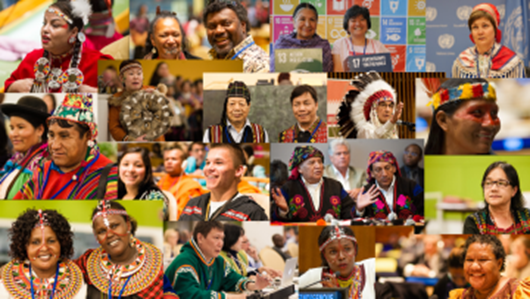Celebrate First Nations Environmental Health Month – April 2021
Posted on April 1, 2021
FNEAA celebrates Environmental Health Month in April. Our Knowledge Keepers and ancestors remind us that we are only as healthy as the environment, mother earth. In First Nations prayers we give thanks and gratitude to water, earth, and sky. Humans were given the responsibility of keeping the water, earth, and air pure.
So, take the month and every month to learn more about Mother Earth, the environment, water and air from your family, Elders, and Knowledge Keepers. Use social media, FaceTime, Zoom or other platforms to connect with family and grandparents, and Elders. Spring is coming watch for the birds that arrive and how the animal and plant world adapt to changes in the weather and season. Get outside and be safe.
Some online resources:
First Nations and the Environment (Unit 6) The Learning Circle: Classroom Activities on First Nations in Canada – Ages 8 to 11
Supreme Court Rules Carbon Tax is Constitutional
In 6-3 decision, The Supreme Court rules federal government carbon tax is constitutional. “This ruling helps Mother Earth from the climate crisis and slow the irreversible harm that would be felt disproportionately by vulnerable communities and regions in Canada,” said Perry Bellegarde, National Chief, Assembly of First Nation a tweet. This enables Ottawa to impose a carbon pricing regime to curb greenhouse gas emissions on every province and territory. Some provinces argued natural resources were provincial jurisdiction under the constitution. Chief Justice Richard Wagner wrote that “Climate change is real. It is caused by greenhouse gas emissions resulting from human activities, and it poses a serious threat to humanity’s future,” “Carbon leakage” emissions cross provincial and territorial borders and there is a role for the Federal government to ensure each jurisdiction plays their role. One province opting out of the pricing mechanism could possibly undermine pricing everywhere.
Checkout: https://www.aptnnews.ca/national-news/supreme-court-decision-on-carbon-tax-helps-mother-earth-says-national-chief/
Picture Source: https://www.cbc.ca/news/canada/edmonton/federal-carbon-tax-unconstitutional-alberta-court-1.5473482
World Health Day – April 7, 2021
The World Health Organization (WHO) invites you to join a new campaign to build a fairer, healthier world, in recognition of World Health Day. WHO will be posting more details, but here are some points as to why this is important:
As COVID-19 has highlighted, some people are able to live healthier lives and have better access to health services than others – entirely due to the conditions in which they are born, grow, live, work and age.
All over the world, some groups struggle to make ends meet with little daily income, have poorer housing conditions, lack of education, fewer employment opportunities, experience greater gender inequality, have little or no access to safe environments, clean water and / or air , food security, and health services. This leads to unnecessary suffering, avoidable illness, and premature death. And it harms our societies and economies.
COVID-19 has hit all countries hard, but its impact has been harshest on those communities which were already vulnerable, who are more exposed to the disease, less likely to have access to quality health care services and more likely to experience adverse consequences because of measures implemented to contain the pandemic.
World Health Day is a good day to remember all the First Nations Education Administrators, Knowledge Keepers, teachers, counselors, bus drivers and staff who have kept us safe and healthy over the past one year.
For more information: https://www.who.int/campaigns/world-health-day/2021
For information from the Pan American Health Organization on Protecting Indigenous communities from COVID-19 go to: https: //www.paho. org / en / stories / protecting-indigenous-communities-covid-19

Picture Source: https://www.un.org/development/desa/indigenouspeoples/covid-19.html
Earth Day – April 22, 2021
References: https://www.earthday.org/to-save-the-planet-we-need-indigenous-perspectives/
Schuster, R., Germain, RR, Bennett, JR, Reo, NJ, & Arcese, P. (2019). Vertebrate biodiversity on indigenous-managed lands in Australia, Brazil, and Canada equals that in protected areas. Environmental Science & Policy , 101, 1-6.
Brundtland, GH, Khalid, M., Agnelli, S., Al-Athel, S., & Chidzero, BJNY (1987). Our common future. New York, 8.

